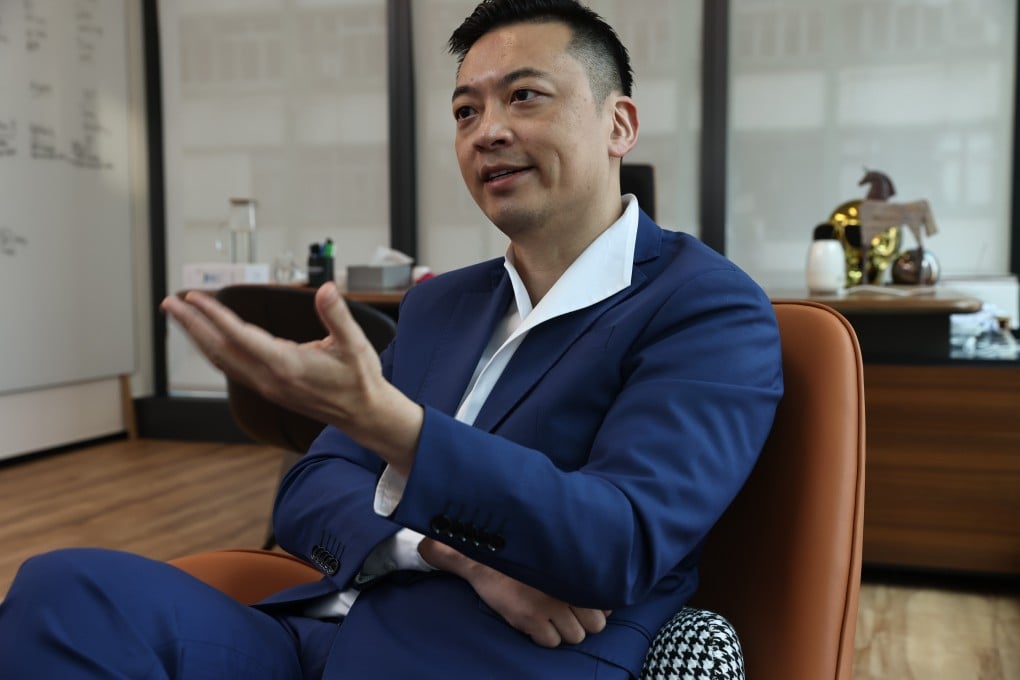Advertisement
Adrian Cheng’s SPAC tie-up with Prenetics to help fuel acquisitions by Hong Kong diagnostics testing company
- Prenetics will list on Nasdaq following merger with Artisan Acquisition, a blank cheque company backed by the Hong Kong tycoon
- Deal values the genetics and diagnostic health testing unicorn at US$1.25 billion
Reading Time:3 minutes
Why you can trust SCMP

Hong Kong-based Prenetics plans to use a cash infusion from its tie-up with a blank-cheque company backed by Adrian Cheng Chi-kong, the third-generation scion of one of Hong Kong’s wealthiest families, to fuel acquisitions in the diagnostic testing and genomics space, according to the company’s CEO.
The genetics and diagnostic health testing unicorn, which counts the Alibaba Entrepreneurs Fund and Ping An Ventures as early backers, said on Thursday that it would merge with Cheng’s blank-cheque company, the Artisan Acquisition Company, in a deal that values it at US$1.25 billion.
Prenetics is expected to list on Nasdaq following the merger, which is expected to close by the first quarter of next year. The company’s existing investors are expected to transfer 100 per cent of their equity into the combined company.
Advertisement
“We will have over US$400 million in cash that we will be able to deploy for M&A,” Prenetics CEO Danny Yueng Sheng-wu told the Post. “We’re looking at acquisitions right now: companies that are in the rapid diagnostics space, companies that are in genomics, companies that are in health technology.”

03:34
SPACs: Everything you need to know about the finance world’s new big thing
SPACs: Everything you need to know about the finance world’s new big thing
Artisan is backed by an investment vehicle founded by Cheng, the CEO and executive vice-chairman of New World Development. The special purpose acquisition company (SPAC) counts Aspex Master Fund, a Hong Kong private investment fund, and Pacific Alliance Asia Opportunity Fund, a Hong Kong private-equity fund, as anchor investors.
Advertisement
Advertisement
Select Voice
Select Speed
1.00x